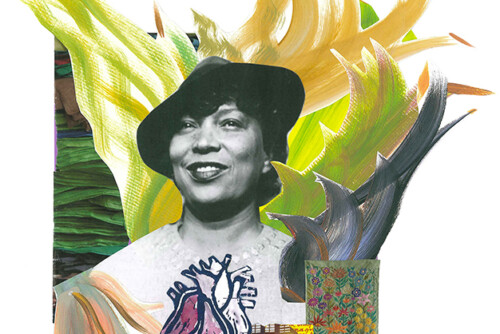Encouragement for the Hopeful
There is much encouragement for the hopeful. Highly visible demonstrations against neoliberal globalization beginning in the late 1990s, followed by the rapid assembly of a global peace movement in the early twenty-first century, show that visions of a more peaceful, equitable, and democratic world are widely shared. Even some neoliberal “insiders” have begun to see the danger that, to quote the New York Times, “capitalists could actually bring down capitalism.” Joseph Stiglitz, former chief economist of the World Bank, recently excoriated the “Washington Consensus” for undemocratically and sometimes disastrously imposing “global governance without global government” during the 1980s and 1990s. Republican populist Kevin Phillips listed the costs of the neoliberal “reigning theology” of domestic and global markets über Alles to ordinary Americans: reduced income and stagnant wages, long work hours, diminished community and commonweal, fewer private and government services, poor physical and mental health care, competitive consumption, and the spread of money culture values. 1
Neoliberal insiders wish to save neoliberalism by reforming it, but their alarmist jeremiads provide ample reason for replacing rather than merely reforming the institutions and policies that have created the conditions they describe. And so the opportunities for proposing alternate visions, for organizing, and for building something different open up before the progressive left. But it will not be possible to seize these opportunities without a broad understanding of the neoliberal project – and this understanding will be blocked as long as leftists and campaigners for economic justice dismiss cultural and identity politics as marginal, trivial, or divisive. Neoliberalism was constructed in and through cultural and identity politics, and it cannot be undone by a movement without constituencies and analyses that respond directly to that fact. Nor will it be possible to build a new social movement that might be strong, creative, and diverse enough to engage the work of reinventing global politics for the new millennium as long as cultural and identity issues are separated, analytically and organizationally, from the political economy in which they are embedded.
Global feminism – a diverse, cantankerous movement composed of a motley assortment of organizations, issues, and constituencies – is poised to become a central site for the critique and dismantling of neoliberal dominance in the twenty-first century. Women’s movements around the globe combine economic and cultural issues, organize both to reform and transcend the nation-state, and creatively reinvent the very definition of “politics” in ways that enable imaginative reinventions of organizational forms.
What progressive feminists must understand is this: Neoliberalism organizes material and political life in terms of race, gender, and sexuality as well as economic class and nationality, or ethnicity and religion. But the categories through which Liberalism (and thus also neoliberalism) classifies human activity and relationships actively obscure the connections among these organizing terms. This abstract claim requires some explanation and illustration, and a historical detour.
- Kurt Eichenwald, “The Nation: Clay Feet; Could Capitalists Actually Bring Down Capitalism?” New York Times, June 30, 2002, late edition-final, sec. 4; Joseph E. Stiglitz, Globalization and Its Discontents (New York and London: W. W. Norton, 2002); and Kevin Phillips, Wealth and Democracy: A Political History of the American Rich (New York: Broadway Books, 2002).[↑]


